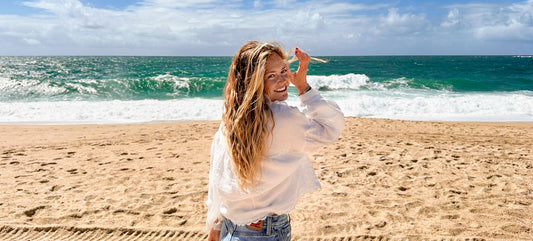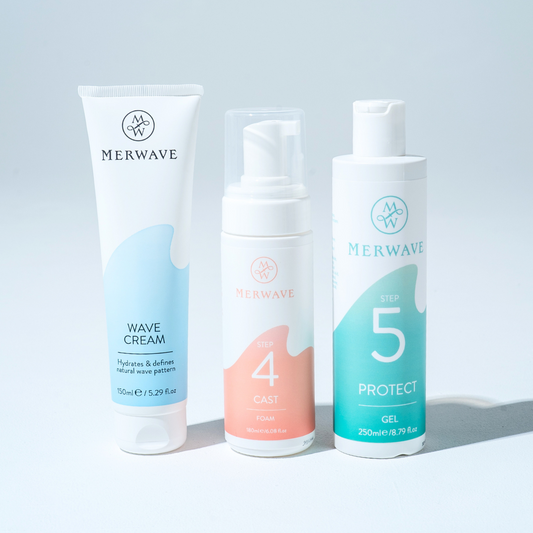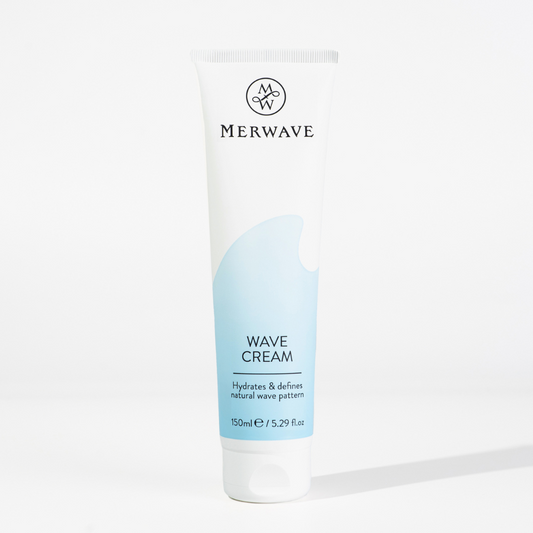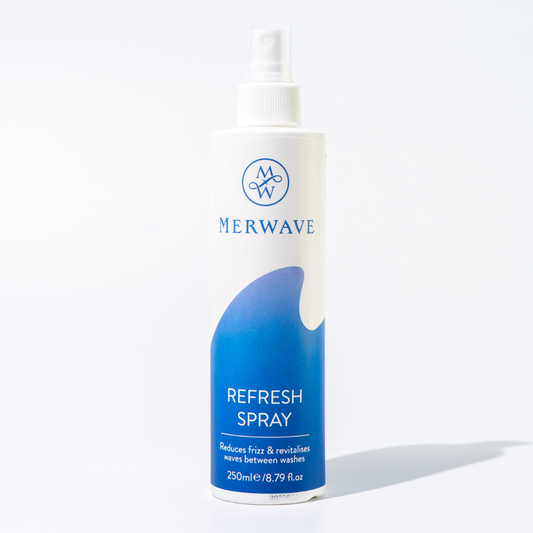The menopause is a natural biological process that all women go through at some point in their lives.
During this time, the body experiences a number of hormonal changes that can impact various aspects of health, including hair texture.
Let’s explore how the menopause can cause your hair texture to change and what you can do about it…
Estrogen is essential for maintaining hair during the growth phase (anagen phase), which is vital for hair length and quality.
Longer growth phases can lead to smoother, stronger, and potentially straighter hair.
It also stimulates sebum production, which moisturizes and keeps hair healthy, preventing dryness.
During menopause, there is a significant decrease in estrogen production.
This decrease can disrupt the normal hair growth cycle and sebum production, leading to changes in hair texture.
Common changes include increased dryness, brittleness, and alterations in hair thickness and texture.
As estrogen levels decline, the production of natural oils in the scalp decreases, which can leave hair feeling dry and brittle. Dry hair results in more frizz.
Another way that menopause can change hair texture is by causing hair to become thinner or finer.
As we age, hair follicles naturally shrink and produce thinner, weaker hair strands. This can be exacerbated by the hormonal changes that occur during menopause, which can accelerate the hair thinning process.
Finally, some women may notice that their hair becomes more wavy or curly during menopause.
This can be due to a number of factors, including changes in the natural oils in the scalp, alterations in hair follicle shape, and changes in the hair's protein structure.
If you're experiencing changes in your hair texture during menopause, a combination of nutritional and routine tips can help keep your hair healthy...
1. Use a Deep Conditioning Mask
This will fuel your hair with moisture. Helping to prevent dryness, breakages and frizz.
2. Increase your Omega-3 Fatty Acids Intake
Known for their anti-inflammatory properties they can help improve hair density and diameter. They also nourish the hair follicles, promoting healthy hair growth.
3. Use a hair oil
This will seal in the moisture within your hair strands, whilst also adding shine.
4. Incorporate more protein
Hair is primarily made of protein, specifically keratin. During menopause, a decrease in estrogen levels can lead to thinner hair and slower growth. To combat this, increasing protein intake can be beneficial. Good sources of protein include lean meats, poultry, fish, eggs, dairy products, legumes, and soy products.
5. Limit your use of heat styling tools
Such as blow dryers and flat irons, as these can further dry out your hair and exacerbate frizz.
6. Work with your hairstylist
To find a cut and style that works with your new hair texture. A shorter, layered cut can help to add volume and texture to thinner hair, while a longer style can help to weigh down wavy or curly hair.
In conclusion, the menopause can cause a number of changes in hair texture, including dryness, frizz, thinning, and increased waviness or curliness.
Embrace these changes. It's completely natural. Simply adapt your hair routine to ensure your hair stays healthy and looking its best.













